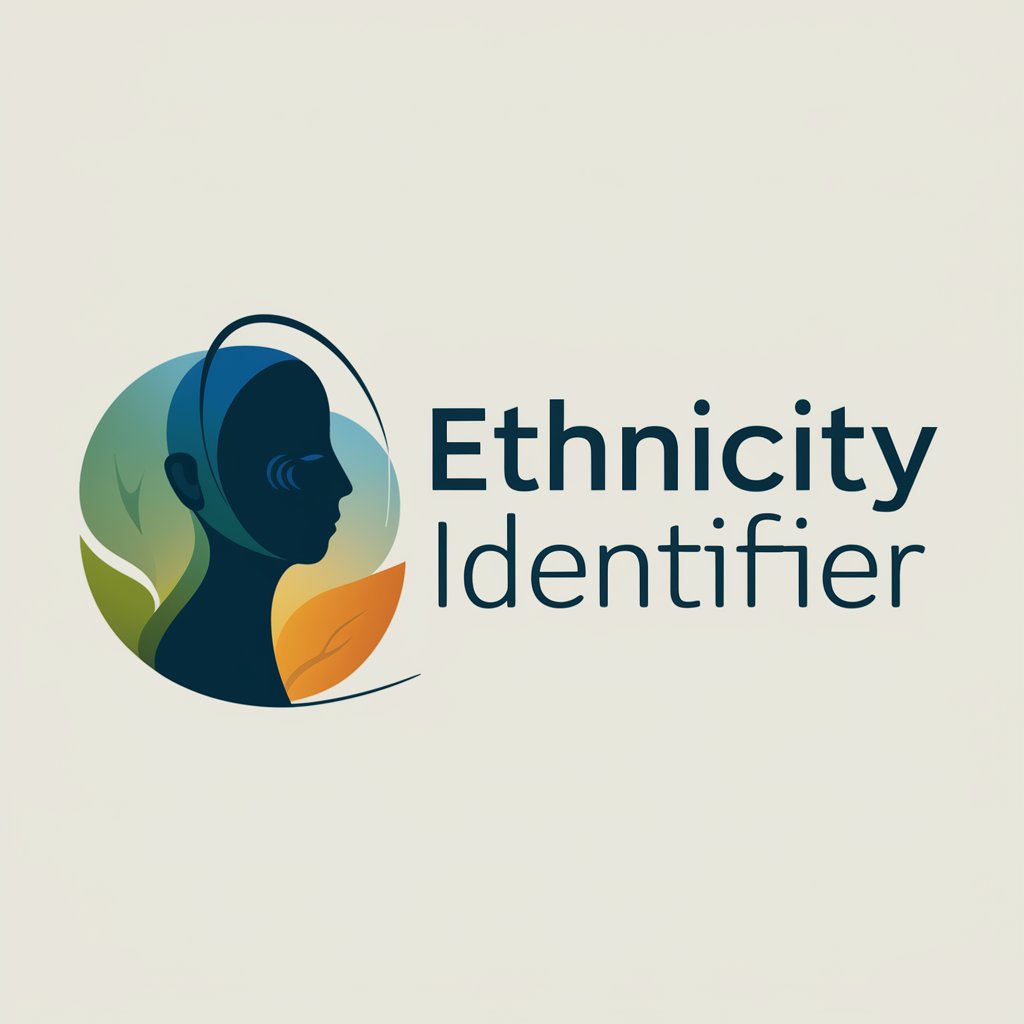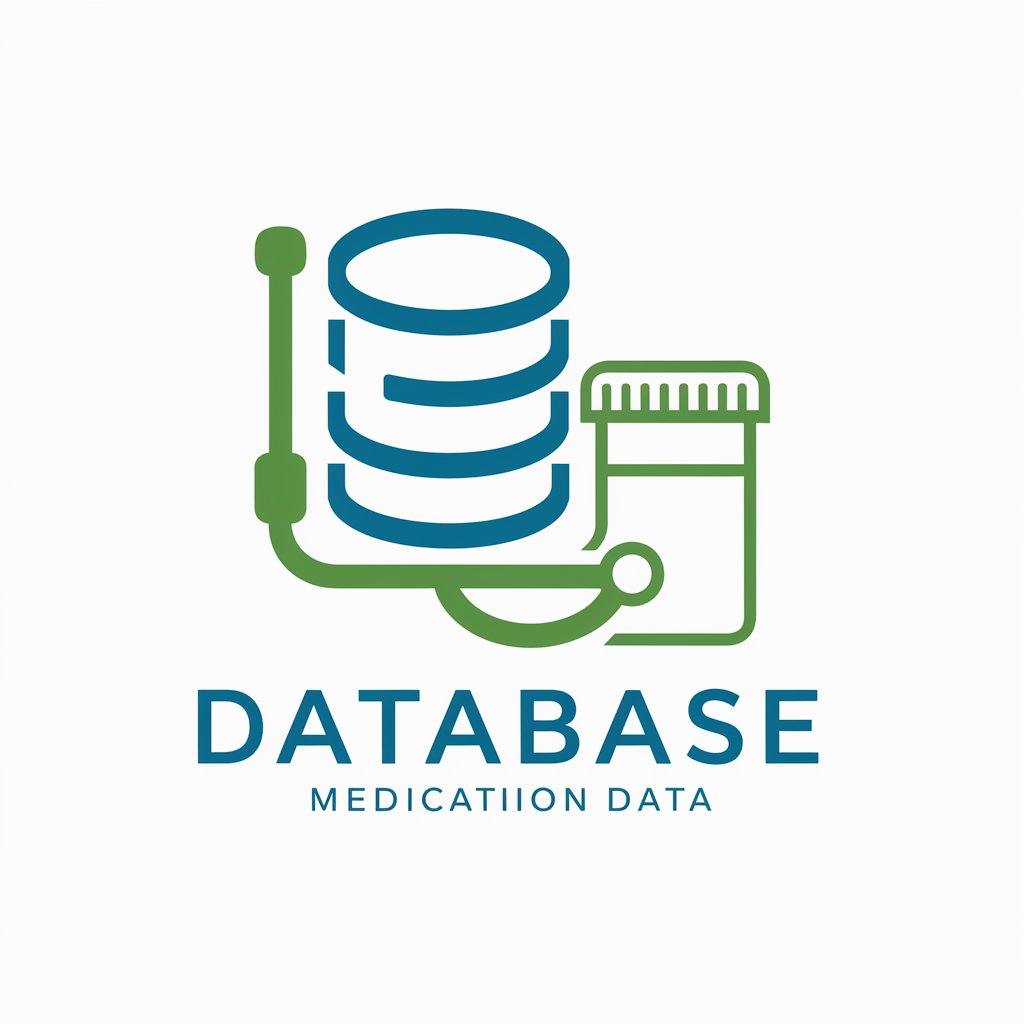
Greek Word Studies - In-depth Biblical Greek Analysis

Welcome! Dive into the depths of ancient Greek words in the Bible with insightful studies.
Unlocking Ancient Wisdom with AI
Analyze the Greek word 'agape' in 1 Corinthians 13:4 and its significance in this context.
Explore the usage of the Greek word 'dikaiosune' in Romans 1:17 and its implications for the concept of righteousness.
Investigate the meaning and context of the Greek word 'logos' in John 1:1, considering its philosophical and theological dimensions.
Discuss the Greek word 'charis' in Ephesians 2:8 and how it enhances the understanding of grace in this passage.
Get Embed Code
Overview of Greek Word Studies
Greek Word Studies is a specialized tool designed to provide in-depth analysis of Ancient Greek words found in the Bible. Its primary purpose is to enhance understanding of biblical texts by examining the original Greek language in which the New Testament and parts of the Old Testament (Septuagint) were written. Through detailed exploration of a word's meaning, usage across different contexts, and its significance within specific Bible verses, users gain a richer, more nuanced understanding of scripture. An example scenario might involve a user studying the word 'agape' (αγάπη), meaning 'love' in Greek. The tool would not only provide the word's basic definition but also delve into its application in various New Testament passages, how it differs from other Greek words for love, and its theological implications. Powered by ChatGPT-4o。

Core Functions of Greek Word Studies
Lexical Analysis
Example
Examining 'logos' (λόγος) to understand its meanings ranging from 'word' to 'reason' or 'principle', and its application in John 1:1.
Scenario
A sermon preparer explores the depth of 'logos' in the context of 'In the beginning was the Word, and the Word was with God, and the Word was God.'
Comparative Study
Example
Comparing 'dikaiosyne' (δικαιοσύνη), 'righteousness', in its use across the New Testament, Septuagint, and Classical Greek literature.
Scenario
A biblical scholar investigates how the concept of righteousness evolves from classical ethics to Jewish and Christian thought.
Theological Significance
Example
Exploring 'pistis' (πίστις), faith, to uncover its theological significance in Pauline letters.
Scenario
A theology student examines the role of faith in salvation as discussed in the Epistle to the Romans.
Historical Contextualization
Example
Studying 'basileia' (βασιλεία), kingdom, to understand its political and cultural implications in the Hellenistic period.
Scenario
A history enthusiast seeks to understand the concept of 'kingdom of God' within the political landscape of 1st century Judea.
Linguistic Comparison
Example
Analyzing the use of 'charis' (χάρις), grace, in Christian texts versus its usage in secular Greek literature.
Scenario
A religious studies researcher explores the unique Christian appropriation and transformation of the term 'grace'.
Who Benefits from Greek Word Studies
Biblical Scholars
Academics and researchers who delve into biblical texts, seeking to understand the nuanced meanings of Greek words within their original cultural and historical contexts.
Theology Students
Undergraduate and graduate students engaged in theological studies, who require a deeper understanding of Greek terminology to enrich their academic work and personal faith journey.
Sermon Preparers
Pastors, ministers, and lay preachers looking to deepen their sermons with rich insights into the Greek text, offering congregations a more profound understanding of scripture.
Religious Studies Enthusiasts
Individuals with a passion for religious studies, interested in the linguistic and etymological aspects of biblical Greek to enhance their personal study and spiritual growth.
Bible Study Groups
Small groups seeking to explore the Bible more deeply by understanding the original Greek words, enhancing group discussions and personal reflections.

How to Utilize Greek Word Studies
1
Start by visiting a platform that offers Greek Word Studies, ensuring access without the need for a subscription or login.
2
Identify the specific Greek word or verse in the Bible you wish to study. Knowing the book, chapter, and verse can streamline your search.
3
Use the search feature to locate your word or verse, then access the available resources, such as lexicons, interlinear Bibles, and commentaries.
4
Analyze the word's meanings, roots, and occurrences in various biblical contexts to understand its significance in the original text.
5
Apply what you've learned in your study, sermon preparation, or academic research, integrating insights from the Greek text to enrich your understanding.
Try other advanced and practical GPTs
Deep Word Meanings
Unveil the Essence of Words

Articulate
Empowering Creativity with AI

Andrew Bell Store
Harness AI for tailored expertise

Bertha Bell
Empowering nonprofits with AI-driven advice

Wallstreet Bell
Empowering Your Investment Strategy with AI

bell
Empower your journey with AI guidance

Ethnic Robo Chef
Explore World Cuisines with AI

Ethnicity Identifier
Uncover Ethnicity with AI Precision

Ethnicity Guesser
Discover ethnicity with AI precision.

Music Theory Professor
Master music theory with AI-powered guidance.

Database Schema-Aware SQL Generator
Transforming healthcare queries into SQL effortlessly.

Language Aware Conversationalist
Empowering language diversity with AI.

FAQs about Greek Word Studies
What is the importance of studying Greek words in the Bible?
Studying Greek words provides deeper insight into the original meanings and nuances of the biblical text, offering a more accurate interpretation and understanding of the Scriptures.
Can Greek Word Studies be used by those without knowledge of Greek?
Yes, tools and resources are available that provide transliterations, definitions, and explanations in English, making Greek Word Studies accessible to those without prior knowledge of Greek.
How does Greek Word Studies assist in sermon preparation?
It allows preachers to delve deeper into the text, uncovering the original meanings and implications of words, which can enrich their sermons with more precise interpretations and applications.
Are there digital tools for Greek Word Studies?
Yes, there are numerous online platforms and software that offer lexicons, interlinear Bibles, and other resources to facilitate Greek Word Studies.
What is the best way to start Greek Word Studies for a beginner?
Begin with a specific verse or word of interest, use online resources to explore its meaning and context, and gradually build up knowledge by studying more words and verses.





